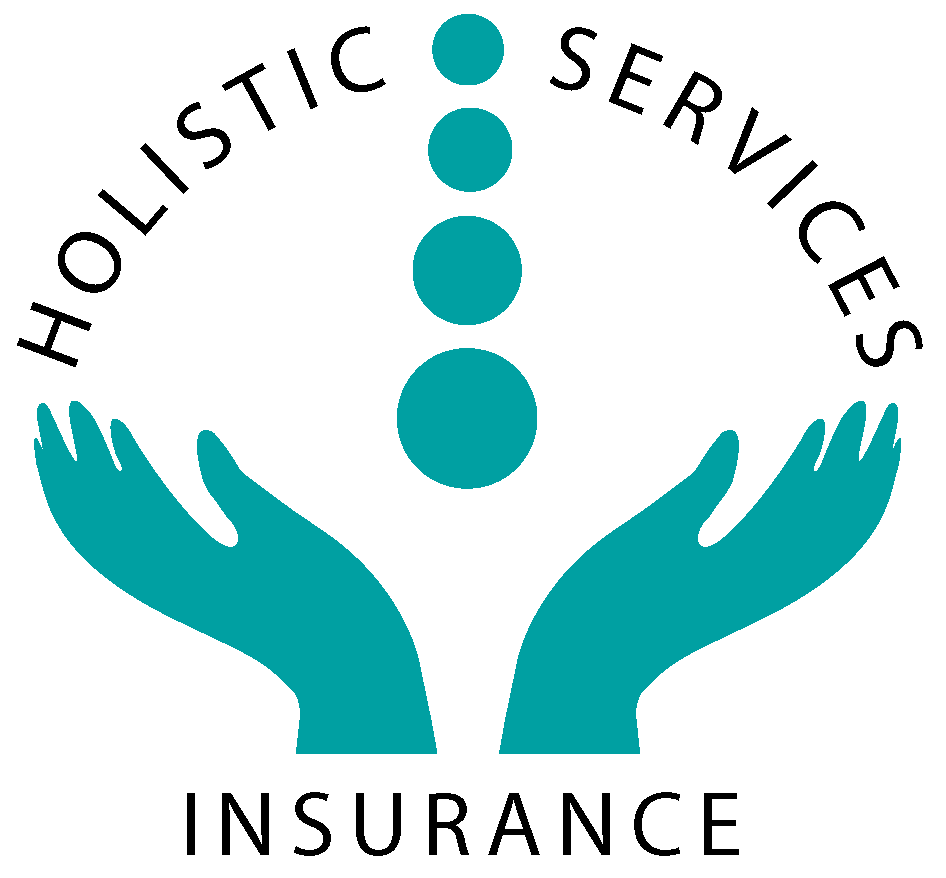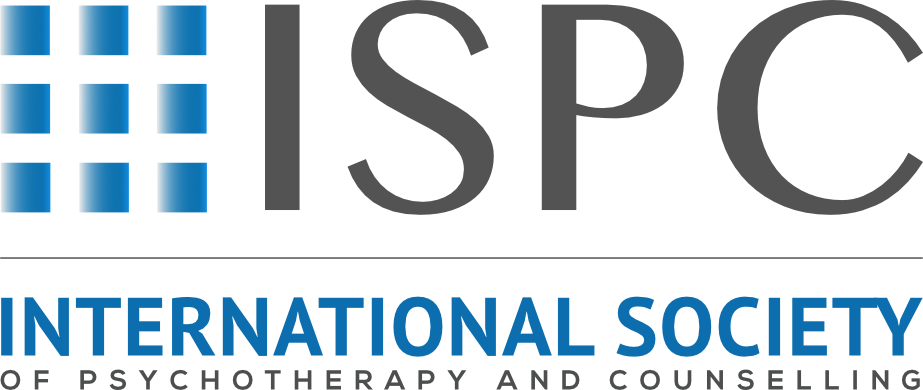
Code of Ethics & Practice
We are not the law, we are self governed, we treat all humans the same. We do not name and shame because we practice what we preach. ‘Non-maleficence’
The Professional Body for Psychotherapy and Counselling
Ethics and Practice
What We Uphold...
The ISPC recognises the importance of having a code of ethics and practice that all members and prospective members must agree and adhere. The purpose of these ethics is primarily to protect the interests of Clients and Counsellors (members), and secondly to protect wider society.
By agreeing to this code of ethics and practice Counsellors will be accepting that they have a duty to Clients, to other Counsellors, the wider public and to those employing counselling skills within the counselling profession.
One of the conditions of joining the ISPC will be that the prospective member sign an agreement to be bound by the code of ethics and practice.
The code of ethics and practice is designed to enable the Counsellor and Client to maintain a professional relationship. This relationship must be safe for both parties.
Should there be an issue between any Client and Counsellor we look to educate. We do not name and shame as this in itself only promotes harm. If there are legal matters that need to be addressed the law will decide.
Code of Ethics & Practice
Our Duty to Others...
The counselling relationship is for the benefit of the client. The emotional well being of the client will be the paramount concern of the Counsellor.
The Counsellor must try at all times to uphold the clients well-being.
The Counsellor must ensure that they do not abuse the client’s vulnerable situation. The term abuse includes the following: emotional, psychological, intellectual, physical and sexual.
The number of counselling sessions will be kept to the minimum required to meet the Client’s requirements.
The Counsellor must ensure that total confidentiality is maintained subject only to the following exceptions:
a) Disclosures with the express permission of the client where possible.
b) Disclosures which lead the Counsellor to believe that serious harm may befall the client or third party.
c) Disclosures that would leave the Counsellor liable to civil or criminal court procedure if not disclosed.
Members will have their qualifications and experience checked by the ISPC before their membership is awarded.
However, it is the responsibility of the member to maintain their level of competency by training and/or study and practice.
Members must be insured to practice safely.
Counsellors will be subject to the ISPC complaints procedure.
Our Policies
What We Uphold...
The ISPC recognises the importance of having a code of ethics and practice that all members and prospective members must agree and adhere to. The purpose of the code is primarily to protect the interests of clients and Counsellors (members) and secondly to protect the reputation of the society.
The ISPC acknowledges and respects that some prospective members may already be guided by codes or standards of other counselling organisations. Accordingly, we have drawn up a code of ethics and practice that we believe all Counsellors and those employing counselling skills would be able to agree to. By agreeing to this code of ethics and practice Counsellors will be accepting that they have a duty to clients, to other Counsellors and to those employing counselling skills within the counselling profession.
By agreeing to this code of ethics and practice, Counsellors will not be prohibited from following the code of ethics and practice that they had followed previously. In the unlikely event that there should be a conflict of interest between the code of ethics and practice that the Counsellor adheres to and the code of principle of the ISPC, the Counsellor should take up the matter with the Society to try to resolve the issue(s). We believe that this is the fairest way to allow for flexibility and at the same time offer protection to the public, clients and Counsellors alike.
One of the conditions of joining the Society will be that the prospective member must sign an agreement to be bound by the code of ethics and practice and they must state which, if any, codes of practice they already adhere to.
The code of ethics and practice is designed to enable the Counsellor and client to maintain a professional relationship. This relationship must be safe for both parties.
Therapist Directory
If you’re looking for counselling and psychotherapy please look through our directory. All of our members are fully qualified, follow our code of standards and ethics, and undergo continued professional development.
Memberships
Members are required to demonstrate an appropriate level of attainment in their abilities. Each membership that is paid in full goes towards funding independent counselling/therapeutic colleges and students.
Making a Complaint
The procedure for making a complaint about a Counsellor, or for that matter a Client please click the link below to follow the process. In most cases we seek to rectify any issues with learning and understanding.

GIVING YOU PEACE OF MIND
Indemnity Insurance
£1,000,000+ Cover
UK Members of the ISPC are able to take advantage of special indemnity insurance rates by applying to Holistic Insurance Services, please contact ISPC for details. Or click the link below to go straight to Holistic Insurance.

WORKING TOGETHER WITH OUR COMMUNITIES
OUR PROFITS GO TOWARDS HELPING STUDENTS, SMALL BUSINESSES & INDEPENDENT COLLEGES
TRAINING FOR OUR FUTURE
Becoming a counsellor
Counsellors work with clients experiencing a wide range of emotional and psychological difficulties to help them bring about effective change and/or enhance their wellbeing. Clients could have issues such as depression, anxiety, stress, loss and relationship difficulties that are affecting their ability to manage life. Learn how to get qualified!
OUR PUBLIC DUTY
Our profits go towards helping students through meaningful training and qualification
Counsellors work with clients experiencing a wide range of emotional and psychological difficulties to help them bring about effective change and/or enhance their wellbeing. Clients could have issues such as depression, anxiety, stress, loss and relationship difficulties that are affecting their ability to manage life.



WITHIN THE LOCAL COMMUNITY
Are you in the Health & Wellness Industry?
Many health & wellbeing professionals work alone and at times this can be quite isolating. Coming together in a group of other practitioners, coaches and therapists gives you the opportunity to talk about your work, listen to other professionals and make new friends who understand your business and what it means to you.

LGBT Rights in the U.K. 2024
LGBT Rights… The landscape of LGBT rights in the United Kingdom is ever-evolving, shaped by a complex interplay of social attitudes, legislative reforms, and advocacy

Being at University – Mental Health
Mental Wellness 101: How to Thrive During Your University Experience University can be an overwhelming experience, both academically and personally. Juggling classes, assignments, work, and

World Suicide Prevention Day 2023
Let’s Talk About It: The Importance of Mental Health on World Suicide Prevention Day 2023 World Suicide Prevention Day 2023 is a time to reflect





